Screening resource cards move online
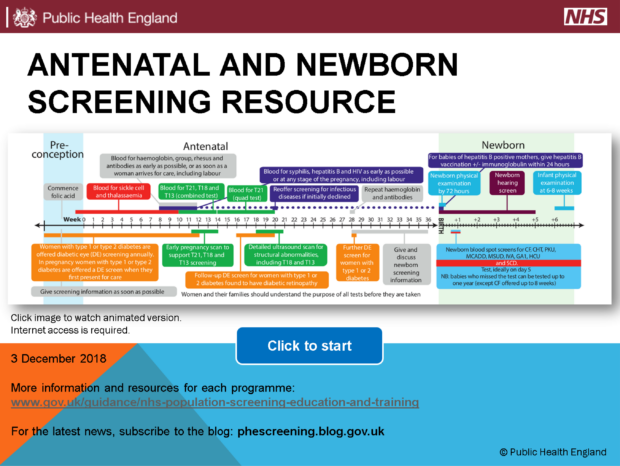
We have a published a new online version of our resource cards, giving information about screening offered in pregnancy and to babies.

We have a published a new online version of our resource cards, giving information about screening offered in pregnancy and to babies.

The National Study of HIV in Pregnancy and Childhood is pleased to report that the HIV vertical transmission rate among diagnosed women receiving antenatal care in the UK and Ireland remained below 0.3% between 1 April 2015 and 31 March 2016.

Screening midwives and senior nurses looking to expand their knowledge may want to register for the next Gateway to Genetic Counselling course, part of the Cambridge Genomic Medicine Programme.
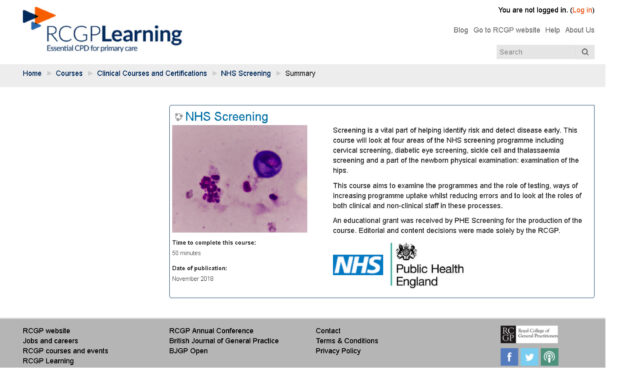
The Royal College of GPs (RCGP) has published new e-learning content, in conjunction with PHE Screening, that gives GPs and primary care colleagues practical guidance to support patients in understanding and accessing the NHS screening programmes.
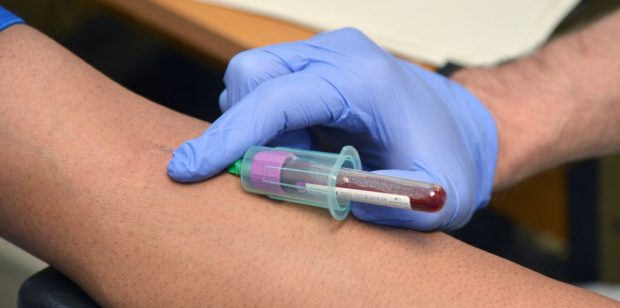
Project lead Robyn Parsons explains how the UK National Haemoglobinopathy Reference Laboratory in Oxford has provided a dedicated sickle cell and thalassaemia laboratory support service for antenatal and newborn laboratories and other healthcare professionals involved in the NHS SCT Screening Programme since 2010.
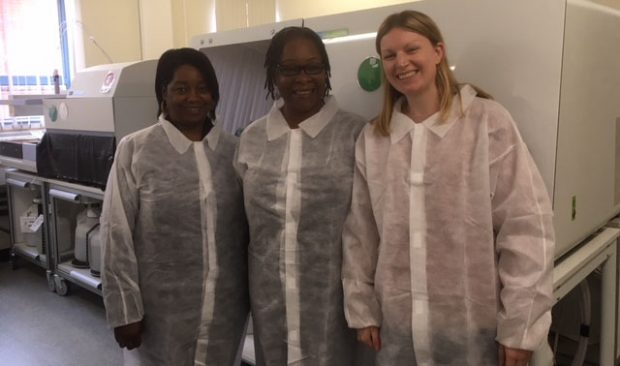
PHE Screening helpdesk advisor Katy Parker describes her factfinding visit to an antenatal screening laboratory in Bolton.
NHS England has published the 2018 to 2019 service specifications - important reading for those involved in the commissioning and provision of screening services in England.
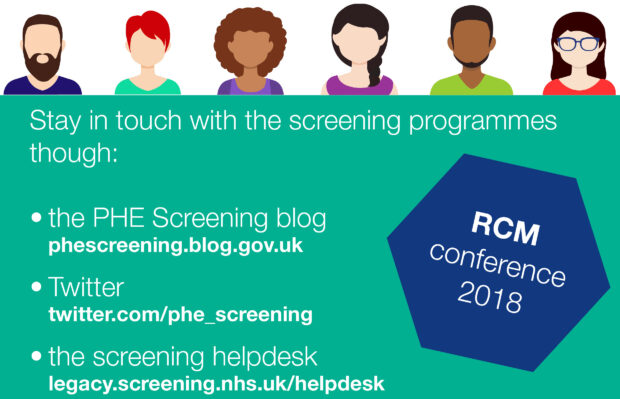
This year’s Royal College of Midwives (RCM) conference starts today in Manchester with more than 3,500 delegates attending. PHE Screening has a stand where we will be updating delegates on all the antenatal and newborn national screening programmes and answering any questions they may have.
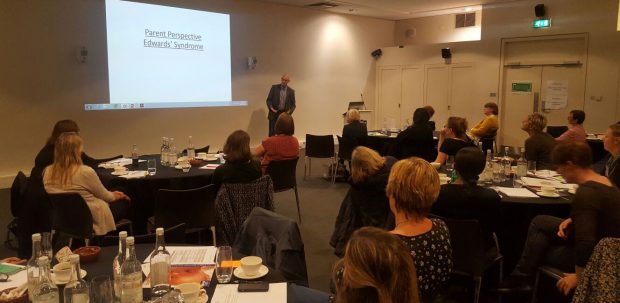
More than 400 delegates attended 8 training events across England ahead of the an evaluative rollout of non-invasive prenatal testing (NIPT) to the fetal anomaly screening pathway.
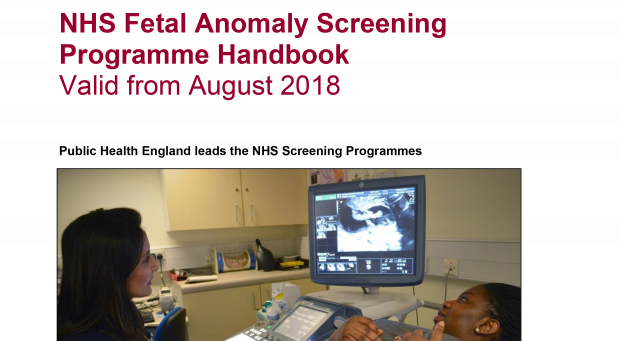
We have updated our national guidance the NHS Fetal Anomaly Screening Programme (FASP) handbook and the FASP handbook for laboratories to help ensure local screening services meet national standards.